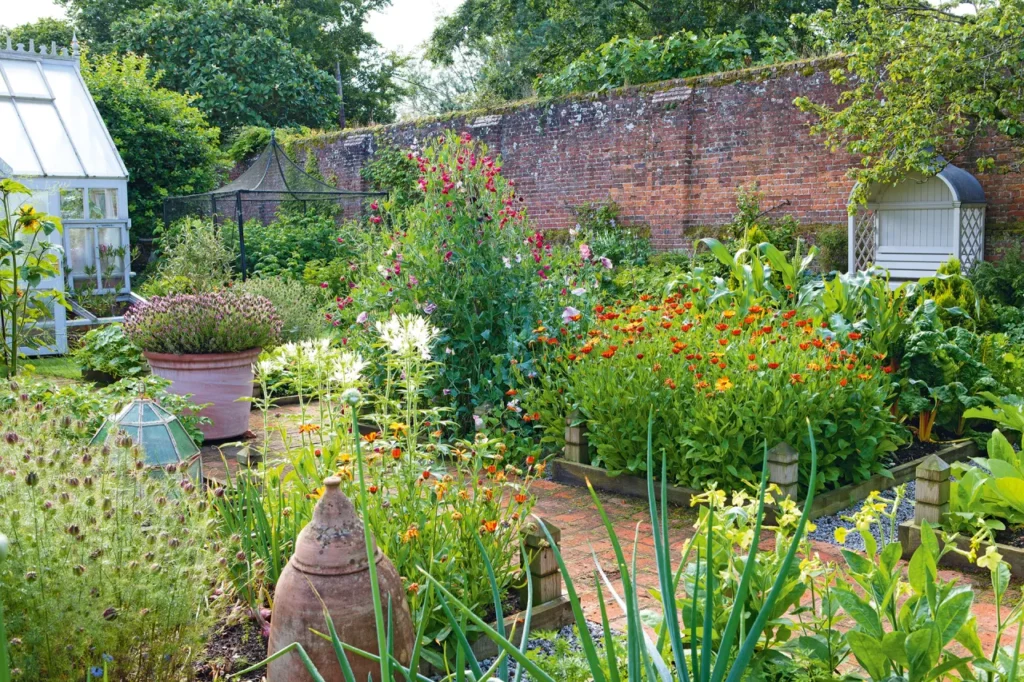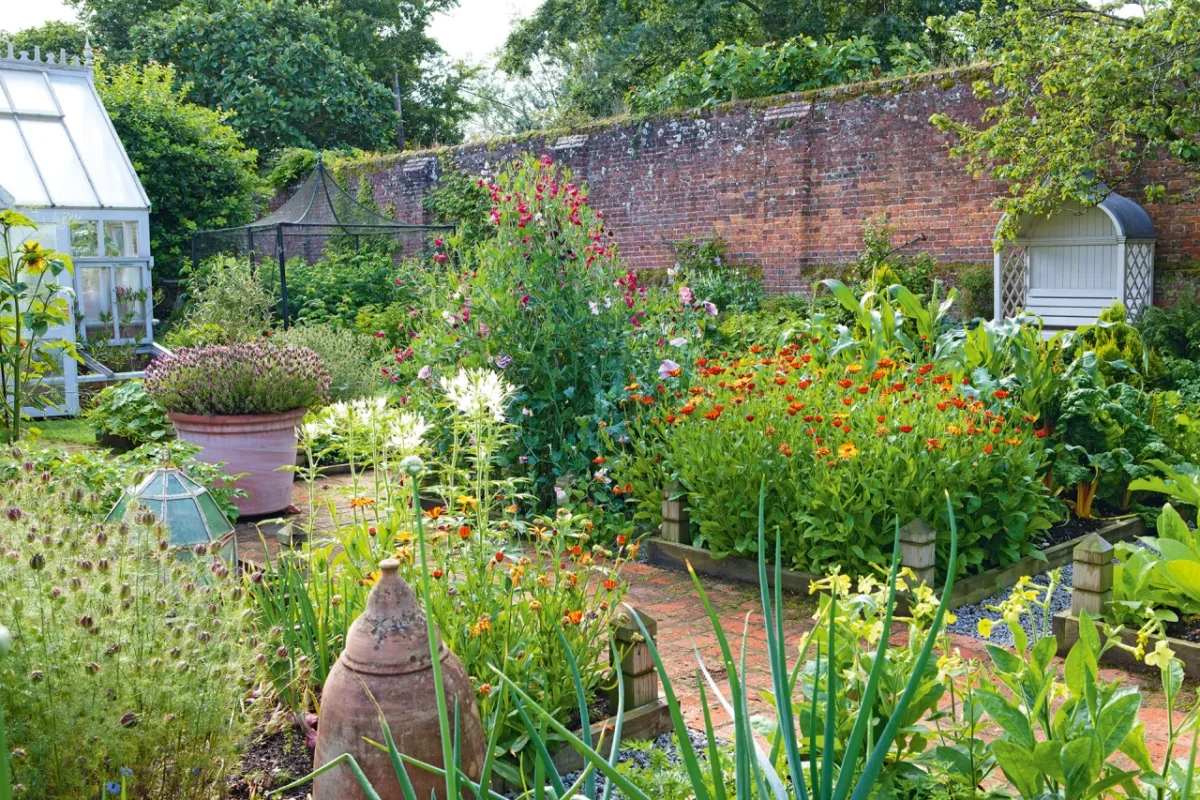By Haley Morris

Many terms that carry a lot of weight in the environmental field and that have shaped the way that many people understand the natural world were coined in the 18th and 19th centuries by white men. Terms such as “ecology” by Ernst Haeckel (1866), “ecosystem” by Sir Arthur G. Tansley (1935), “systems thinking” by Ludwig Von Bertalanffy (1940s), and “regenerative agriculture” by Robert Rodale (1983).
Another term that is increasingly being adopted is “permaculture,” a farming practice that incorporates traditional practices to work with natural processes to create efficient, self-sustaining systems. Permaculture was developed in the 1970s by “Australian researchers Bill Mollison and David Holmgren and cultivating the ethics, principles, and practices that guide modern sustainable living”.
Winona LaDuke, an Anishinabe author and community organizer, describes TEK as “the culturally and spiritually based way in which Indigenous people relate to their ecosystems”. Modern permaculture is built from Traditional Ecological Knowledge from all over the world, but Westerners (primarily white males) are the ones being recognized for these accomplishments.

This knowledge originated hundreds of years ago and women have been the primary keepers of this knowledge, as they are more concerned about the availability and access of natural resources that can be used by their families. Western culture has destroyed traditional ways of knowing and living since colonization in 1789 by stripping Indigenous peoples of their land. It’s not until the 1950’s that Indigenous people were once again recognized by scientists for their holistic relationships with the land that encourages a reciprocal balance of giving and taking.
Contemplating this notion of appropriating TEK, I keep thinking back to my time as an agricultural Peace Corps Volunteer in Senegal, a place that impacted me in incomprehensible ways. I witnessed what little power women have when it comes to decision making concerning environmental issues, but THEY are the ones with the agriculture knowledge such as when to plant, which plants should be near each other, which plants are water intensive, etc. THEY are the ones who are capturing, storing, and accessing water for their communities.
It’s our responsibility to recognize who should have the power and understand where knowledge has originated from, and give credit to its originators. “As the responsibilities of rural women mainly lie in providing daily subsistence for their families, they possess a strong traditional ecological knowledge, and interest in environmental protection and management, often suppressed in male dominated environments”.
I am humbled by the grace that female Indigenous leaders have exhibited after experiencing the land grabbing and disrespect of their land such as Winona LaDuke, mentioned above. LaDuke ensures that TEK is rooted at the heart of her permaculture work, keeping traditional seeds alive and educating the public on the benefits that Indigenous seeds have on the land by using traditional crop varieties that add vital nutrients to the soil. This is all to say, while permaculture should be a widely adopted practice, it’s also critical to honor the cultures that shaped the work and understand the vital role women play.

